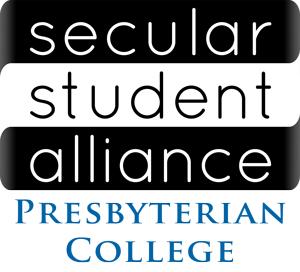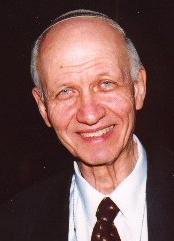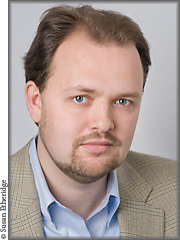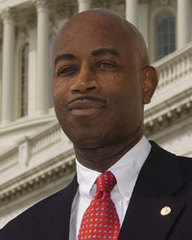In the continuing saga of the seculars in 21st century America, one question keeps occurring to me: Whose particular path might we be following, among the societies that have lessened their attachments to organized religion?
Are we going the gradual way of Western Europe, which began devolving religiously in the late 19th century and secularized slowly? Are we lurching toward Quebec, which went from being one of the more churchy regions of the Western world to one of the most anticlerical, in the space of little more than a decade (roughly the 1960s)? Or are we finding our own way in America, toward a religious future that’s hard to predict but will be exceptional in any case?
Another theoretical possibility is that the rise of the so-called “nones” is a passing fad. By way of his must-read Faith Matters blog, Bill Tammeus brings my attention to a commentary in the current Psychology Today that rejects this scenario. Titled “Why the secular movement is here to stay,” the article by attorney and secular activist David Niose offers several reasons, having to do partly with motive (a deep aversion to the politics of the religious right) and opportunity (secularists everywhere are now able to link up with each other through the Internet). Niose is president of the Secular Coalition for America, an anti-religious-right organization.
In other words, the seculars from this point on shall always be with us. “I think the author is right about that,” Tammeus argues, “but I don’t see any impending collapse of the number of Americans who say they believe in God (still above 90 percent in most polls) or who claim to be adherents of this or that religion.”
The award-winning religion writer continues:
In many ways—most good, some awful—religion is at the core of the American soul. Yes, its influence has waned and/or changed over time and some of that change has been for the better. (Tossing out prayer in public schools led by people whose salaries come from taxpayers is an example of a good change.)
But America is a landslide for religion, and it’s going to take a long, long time to undo that. My guess is that if it ever happens (doubtful) it won’t happen in the next several generations.
That said, it would behoove people of faith to listen to and learn from the secularists and to respect them as a legitimate subgroup of Americans.
I think Tammeus is right when he says Niose is right that the secular movement isn’t going away. And I don’t doubt religion is here to stay as well. But I’m not ready to predict that America will remain an overwhelmingly religious nation, for at least several generations and probably forever. There’s still the question of where we are, on the broad historical map of faith. Are we simply arriving late to the secular party, as England and Quebec did in the 1960s and ‘70s, following France, Holland, etc. Or will the turnout remain relatively small for that new social gathering space in the United States? Will religion keep a clear upper hand?
I don’t know. I don’t even know if those questions will be meaningful a decade from now. Maybe the lines between belief and unbelief, the secular and the religious, will be less stark than they seem today.
It’s possible that the seculars will eventually find a fairly ordinary place in the grand and vital scheme of (if you will) faith life in America. They’ll have their own communities, perhaps even denominations of sorts with differing perspectives on truth, ultimate reality, and the good life. They’ll have their own rituals. They’ll attend interfaith potluck suppers with the Hindus or Methodists down the street. They’ll come to resemble, not resent, religion.
Now that would be exceptional. …read more










